Description
Brahms: Violin Concerto in D Major, Op. 77. Siegfried Borries, violin; Berlin Radio Orchestra, 26 Oct. 1936 & Schumann: Symphony No. 1 in Bb major, Op. 38. With Berlin Radio Orchestra, 11 Dec. 1936. Previously unreleased broadcast transcriptions from the archives of Deutsches Rundfunkarchiv (DRA). A co-production with Deutsches Rundfunkarchiv. AAD. Total time: 72:17. UPC# 0-17685-10922-5
Max Fiedler (1859-1939) was a friend of Brahms, known as an exemplar of authentic Brahms interpretation, directly influenced by his hearing the composer’s own performances. His first important post was with the Hamburg Philharmonic in 1904. He was a guest with the New York Philharmonic during the 1905-6 season, conducting the London Symphony in 1907 and becoming music director of the Boston Symphony in 1908. He made few commercial recordings and we are fortunate to have these previously unpublished recordings of his art. He was already seventy-six at the time these recordings were made; however, the first impression of these recordings is one of youthful abandon, tempered by years of experience with this repertoire. Those who are familiar with Fiedler’s commercial recordings will note the similarities, such as the wide range of tempos employed and the pervasive warm expression of his music making.
Siegfried Borries (1912-1980) plays here with unbridled Romanticism, full of juicy slides. It makes him a good match for Fiedler, who is firmly in the late 19th century tradition of tempo extremes, frequent adjustments of basic tempos, stark contrasts, and a penchant for heart-on-sleeve expressiveness. This is Brahms as rarely (if ever) heard nowadays, though probably this is how Brahms himself heard his music performed, and likely similar to how he conducted it himself. The high quality of both the soloist and orchestra is shown by their largely flawless performance in concert. It’s a truly great reading that every aficionado of Romanticism needs to hear.
-Steve Holtje, CDNOW
For a number of reasons, the performances fascinate. Fiedler, who knew Brahms and was considered a major exponent of his music, here gives support in the composer’s violin concerto that is as fine as any I know. A similar fascination is provided by Fiedler’s account of the Schumann. Here is an interpretive style that is not likely to be heard today. Fiedler favors a wide parameter of tempos within a movement, almost halting the pulse for a second subject, only to whip it up again at the end of a key structural section …welcome animation and pointed sparkle contribute to making the reading attractive as well as historically important.
-Mortimer H. Frank, Fanfare
One often reads accounts of the warm phrasing and freedom with tempo that characterized Brahms’ own conducting, and those qualities are evident in these valuable documents.
-Gary Galo, ARSC Journal
Sound Clips (MP3):
2. Brahms- Violin Concerto in D major, Op- 77 II- Adagio – Max Fiedler
5. Schumann- Symphony No- 1 in B flat major, Op- 38, Spring II- Larghetto – Max Fiedler
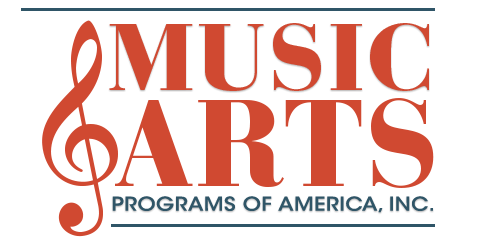

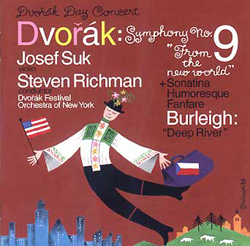
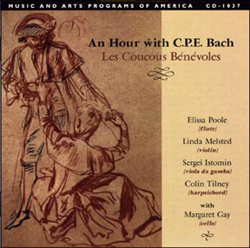
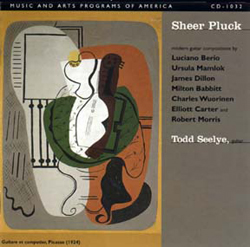
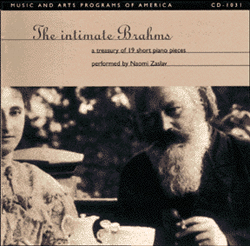


Reviews
There are no reviews yet.